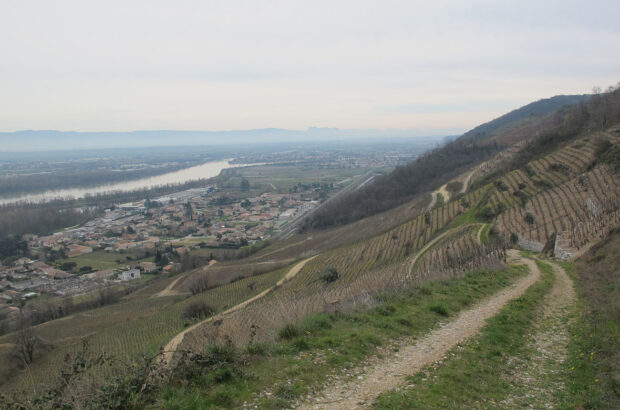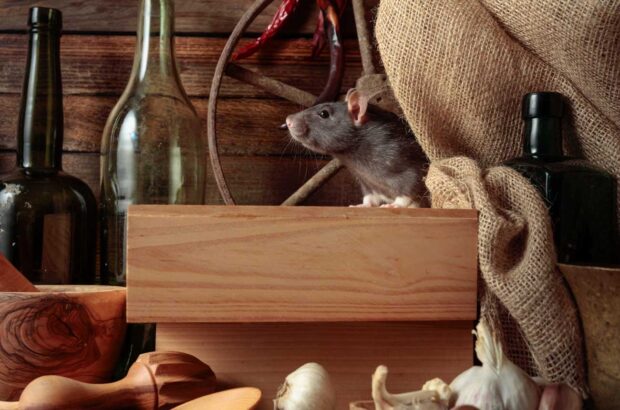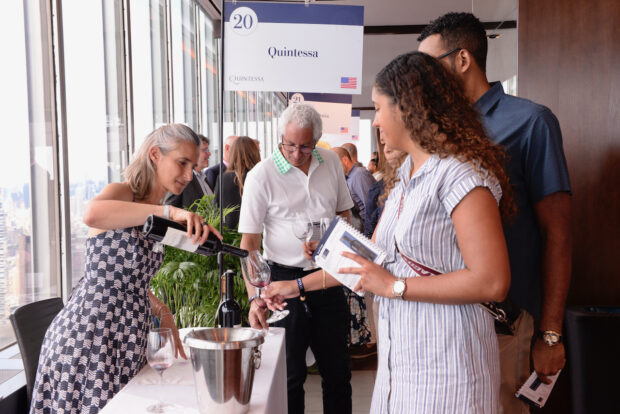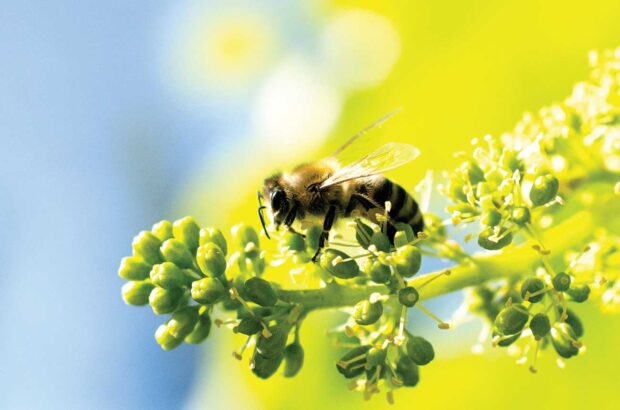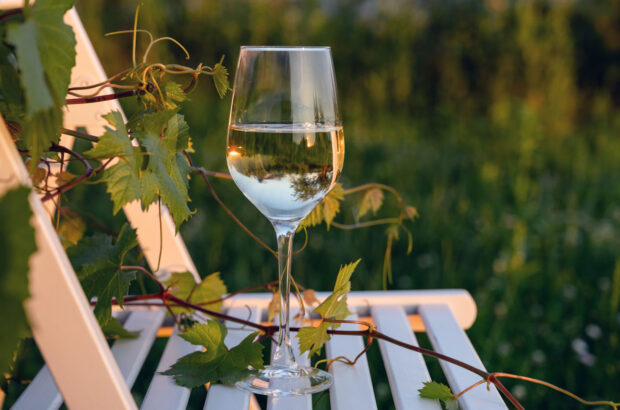A 'blue wine' named Vindigo has gone on sale in France.
Vindigo is produced at Bodegas Perfer, in Spain’s Almeria region, and is made from Chardonnay grapes that have been macerated with the skins, according to press reports, citing the creator as French entrepreneur René Le Bail.
‘Vindigo owes its elegant blue color to a natural pigment found in the grape skin, anthocyanin,’ according to the company’s Facebook page.
‘It has pleasant aromas of cherry, raspberry and passion fruit,’ the page says.
No category for ‘blue wine’ currently exists in European Union rules, but Vindigo is the latest of several such products to launch in the last couple of years.
Vindigo made headlines this week when it emerged that the wine has gone on sale in Sète, in the south of France.
According to the company, ‘pending the development of the marketing of Vindigo in other regions of France, deliveries are possible throughout France and even abroad.’
Vindigo retails for approximately €12 per bottle.
‘Blue wine’
In 2016, a Spanish start up company launched a blue wine called ‘Gik’, also using the grape skin pigment ‘anthocyanin’, and a food dye, to make the colour.
However, EU regulations led to the firm being banned from labelling its product as wine, and Gik had to revert to ‘other alcoholic drink’.



